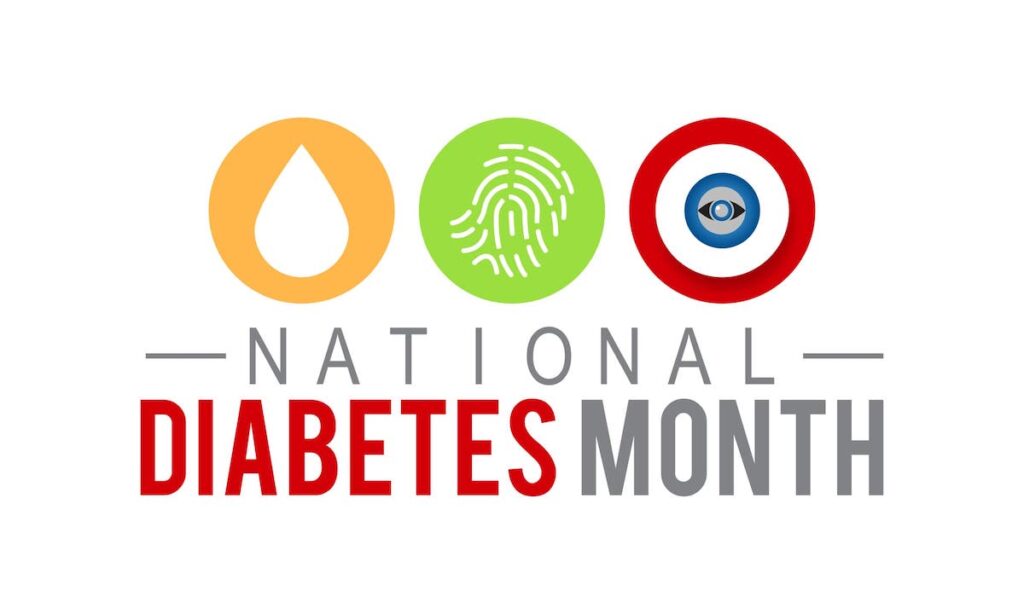Living With Diabetes: Choosing Gratitude
We’re entering the time of year when everyone pauses to be thankful and count their blessings. While diabetes may not be on your list of blessings, there is still much to be thankful for.
Choosing gratitude with diabetes is an important part of your diabetes care plan. Having a positive outlook and finding happiness is essential to your health and even how well you manage your blood sugar.
Good mental health can make living with diabetes easier. And the reverse is also true. When you struggle with mental health issues, it can be harder to manage diabetes.
Being thankful is one way to improve your mental health, and by doing so, take better care of yourself and make living with diabetes easier.
How Choosing Gratitude With Diabetes Can Help
The reality of life with diabetes is that it’s 24/7. You have to be on top of your care plan at all times, and it can feel overwhelming.
People with diabetes are at higher risk of anxiety and depression. But, that doesn’t mean your mental health has to suffer.
Your care plan should include practices that support your mental and emotional health. Here’s how gratitude can be an effective mental health strategy when you are living with diabetes:
1. Being Thankful Reduces Stress
If you’re feeling stressed, your blood sugar control may be impacted. Stress releases hormones in your body that can raise your blood sugar.
In contrast, thankfulness practices can reduce feelings of stress. When you focus on things you are grateful for you shift your perspective away from the negative and into a more positive frame of mind.
2. Gratitude Can Increase Happiness
When you’re living with diabetes, It’s completely normal to feel sad or angry at times. You have a lot to manage, and your diabetes isn’t going away.
But, when you choose to be thankful for the good things in your life, it can help you feel better. People who engage in intentional gratitude practices report feeling more happiness and a higher sense of well-being.
3. Choosing Gratitude May Improve Your Health
The state of your mental health can have a big impact on your physical health. As someone living with diabetes, you want to do all you can to support the overall health of your body and prevent complications.
Choosing gratitude has been shown to improve heart health, decrease inflammation, and improve sleep quality. It is also being studied for its role in reducing pain and increasing quality of life.

How To Begin A Gratitude Practice
Everyone’s personality is different, and for some people, thankfulness comes naturally. But, even if gratitude isn’t how your mind typically works, it is a skill you can develop.
A gratitude practice essentially means making time to intentionally reflect on the good things in your life and express gratitude. It’s a simple, easy, and quick way to shift your perspective on life to one of positivity and thankfulness.
Here are some ideas for practicing gratitude in your daily life:
- Keep a gratitude journal. Write down 3-5 things you are thankful for each day.
- Say thanks at mealtimes. Take a moment to pause before you eat to reflect on something you are grateful for.
- End your day with gratitude. Make a mental list of what was good about your day and say thank you before falling asleep.
- Thank someone else. Share gratitude with someone close to you and tell them why you appreciate them.
- Create a visual reminder to be thankful. This could be a photo, painting, or even a sticky note. Whatever brings gratitude to the forefront of your thoughts.



